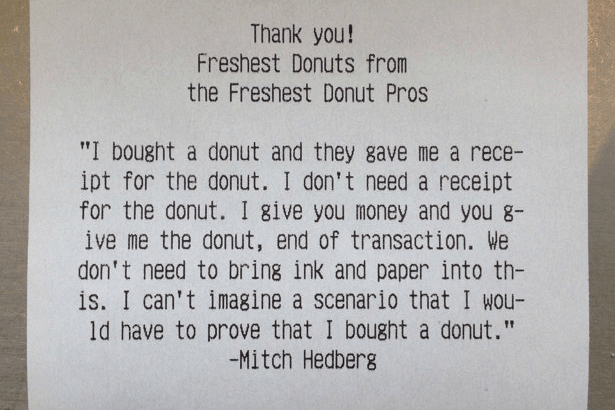
The phrase “bad friend” is kind of strange. Friends are supposed to be good things and yet, almost all of us can think of a few (or maybe more than a few) friends who haven’t been very “good friends.”
And plenty of us have been that sort of friend as well.
The reason is simple: friendships can be tough.
Although relationships are a fundamental part of the human experience, our dealings with friends, family members, significant others, co-workers and superiors are often riddled with strife. Difficult personal and workplace relationships are far more than a nuisance. They can cause anxiety, burnout, clinical depression and even physical illness.
The bottom line is this: the right relationships can propel you to great heights of achievement; the wrong ones will tether you to mediocrity. With this in mind, it’s essential to evaluate connections intelligently: What makes a bad friendship?
Hide
While secret identities might be fun in the movies, a person who harbors secrets and hides their fears and beliefs from others will never be able to enjoy an authentic relationship. Being real with others and even making yourself vulnerable from time to time can foster tremendous emotional connections—including all-important trust—and forge unbreakable bonds.
Tweak the Truth
Studies show that 10-30 percent of applicants admit to “tweaking” their resumes—and that’s no way to start an engagement with a new employer. The same can be true in friendships and other relationships—we present ourselves as we want to be seen instead of as we are. But lying—even small white lies—will do nothing but undermine any relationship. Even slightly altering the truth is one of the most destructive forces that can permanently damage a friendship.
Try to be Close to Everyone
The people in your life right now are setting the course for next week, month, year and possibly the rest of your life. Accordingly, there must be a qualification and selection process for friends and others you choose to surround yourself with. Blocking the wrong people from your life is the only way to make room for the right people who help you achieve your dreams, enrich your lives, and create satisfying life experience.
Rush In and Miss the Red Flags
Understand that any relationship is a journey with changes in direction, twists and turns and roadblocks along the way. It’s imperative to pass through certain experiences and navigate through difficulties to learn from these situations and create a healthy outcome. Resist the desire to take shortcuts or race through certain aspects of a friendship. Even if it is painful or boring, embrace it, knowing that it offers a healthy purpose for the big picture of a relationship.
Repeat the Past
The past should not define a person, and there is no reason to keep looking back. While previous events and actions might be a life lesson, the nature of every journey is to move forward. Don’t repeat those actions that did not produce the intended results; instead, focus on new choices that will affect a better outcome.
Be a Taker
All relationships involve give and take, so it’s important to recognize when a friendship could use more of a giving spirit. When we think about what we can do for others instead of what they can do for us, we get to the very heart of healthy, successful interactions. In a strong friendship, both people willingly give, far more than they take.
Stay in an Unhealthy Relationship
Unfortunately, sometimes we make a poor choice and enter into relationships that will never be healthy no matter what actions are taken. We need to know when and how to end a toxic relationship. If someone is not able to accept a change in the status or direction, is not loyal and stable under pressure or in the face of challenge, or had once been dependable but now is unreliable, these are strong clues that the relationship may not be worth saving. Don’t let feelings of misplaced guilt or sympathy get in the way of making good personal choices.
Forget Who and What Really Matters
The most valuable people in life aren’t always the most visible. People of true value bring fulfillment, not frustration. All too often, those taken for granted or overlooked are the ones that silently help us achieve goals, provide encouragement or offer important insights and connections.
There are no neutral relationships; each one lifts you up or weighs you down. Only by learning which is which and how to turn the tide on those that are negative—can you then take the appropriate action. Not to be taken lightly, these actions and decisions can make the difference between a great, happy life or one that is riddled with disappointment, failure and regret.






















